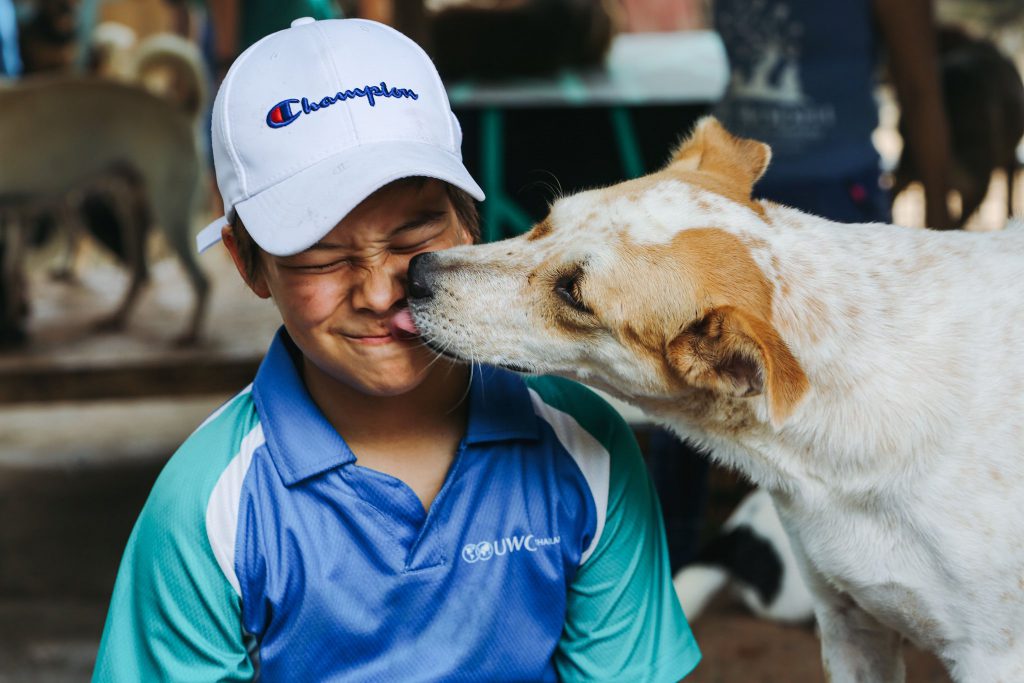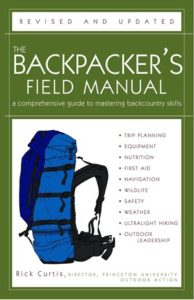More important than ever
Service and volunteer projects allow students to have unique and invaluable experiential learning opportunities. Many schools already recognise this and there are some great projects taking place around the world. These service opportunities can have students helping in their own schools, in the local community or even further afield with an international project. But the quality of a program cannot be quantified by its cost or the distance traveled to get there, it should be measured on the impact that it is having and the positive change it leaves behind, both on the individuals volunteering and those who are being assisted.
With the world in the midst of a pandemic, there is a real opportunity for students and teachers alike to create a truly meaningful service program to help those in need.
Thinking creatively
There are many names for current teaching practice at the moment; online teaching, home study, distance learning. Whatever your preferred term is, there exists a common concern; a struggle to create meaningful lessons, with purpose, that will engage students.
Service learning projects give students the opportunity to work collaboratively, research, problem solve and find creative solutions to issues facing those struggling at present. In doing so there is an opportunity to help those in need whilst providing engaging content for teachers and students alike to get involved with.
A good service learning program should start with structured preparation in class, allowing students time to develop their ideas about how they can be most effective in their action. The process should allow students to operate as a learner through completing curriculum objectives whilst developing a number skills as they become an advocate for the community they are supporting.
Students are also able to access an entire new ‘database’ of information and knowledge from those that they are working with, and for, in their setting. Students will have access to other community members and experts, which should in turn enable a more rounded and fully formed understanding of concepts discussed from classroom settings.
Finally these service practices should be reflected upon critically, to assimilate the learning and develop a critical understanding of the process they have been a part of. This will all hopefully lead to building the foundations of students’ lifelong engagement in service practices.
Whilst there may be limitations on what level of exposure to the outside world each student can have at the moment, this should not limit students in participating or providing support to those in need, it simply means we need to get creative.
A fine example
At UWC Thailand service learning is a school pillar and students from Grade 1 – Grade 12 participate in year round projects. These projects cover everything from volunteering at a gibbon rehabilitation project, assisting at a migrant worker kindergarten, caring for sea turtles and visiting a local home for the elderly to provide companionship, to name but a few. Whilst many of these are currently inaccessible, that hasn’t stopped students participating where they can.
The case I’d like to highlight comes from a class of grade 9 students, who are currently collaborating with grade 4 students to create a number of community service projects to help those most in need. Many students have identified that holding a donation drive in their local area is a great way to help provide clothes, food and essential items for those in need.
There is one particular project, however, that I feel shows just how creative students can get.
The Bodhi Dog Challenge was started by several students who had identified that a local dog shelter was in desperate need of additional support, as they were down to their last few bags of food and with 150 dogs to feed, they felt they had to help. In the space of just a few days they were able to recruit several others to assist in creating an online social media campaign to raise awareness for ‘The Bodhi Dog Shelter’. This challenge has Facebook and Instagram users engage in one of two 5-day challenges, whilst inviting others to help spread the word in the hope of raising much needed funds.
The drive of these students will no doubt have an important impact on the shelter and will hopefully be an inspiration to others. It certainly has inspired me.
What might your impact be
When we look back and reflect at how we as a community handled Covid-19, what will stand out as something you did that had a meaningful impact. For some, that may be simply doing your part to stay home to stop the spread (and that’s important) but perhaps we may be able to help those around us who are struggling as well.
There are no doubt opportunities in your area for schools, teachers and students to help those in need.
Robert Carmichael
Head of Outdoor Experiential Education
UWC Thailand


